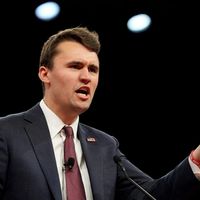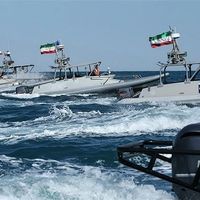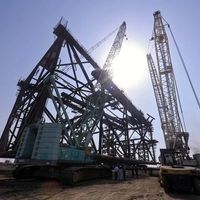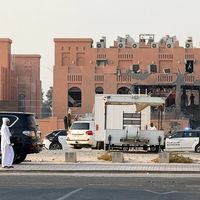On Thursday, Bahonar, a member of the influential Expediency Council, an advisory body to the Supreme Leader, highlighted the country's severe deficits in energy, government budgets, and banking systems. He also stressed the "untapped economic potential."
"The government does not have money to invest, and the oil market does not provide enough for our basic needs," he said. “Gone are the days when governments could sell oil and develop the country.”
Bahonar is the latest politician to express concern about the economy while decrying Raisi's economic policies.
Last week, Iran's top clerics voiced concern about high inflation and fluctuating exchange rates, blaming the government for these issues. This week, the parliament seemingly voted for a two-day work week, with the apparent hope that it could aid some of the country’s economic struggles.
The Raisi administration and its hard-line policies have traditionally been supported by conservative figures, who are now voicing concerns about inflation. Iran's Central Bank reported 52.3% inflation for 2023 last month, while gasoline continues to be in short supply.
While President Raisi and his predecessors have often been blamed for the country’s current economic woes, it is the Islamic Republic’s Supreme Leader, Ali Khamenei, who is the top decision maker for domestic and foreign policy.
Khamenei’s leadership and legitimacy are heavily tied to the Islamic Revolutionary Guards’ (IRGC) – whose control over the Iranian economy extend across virtually every sector of the Iranian market.









